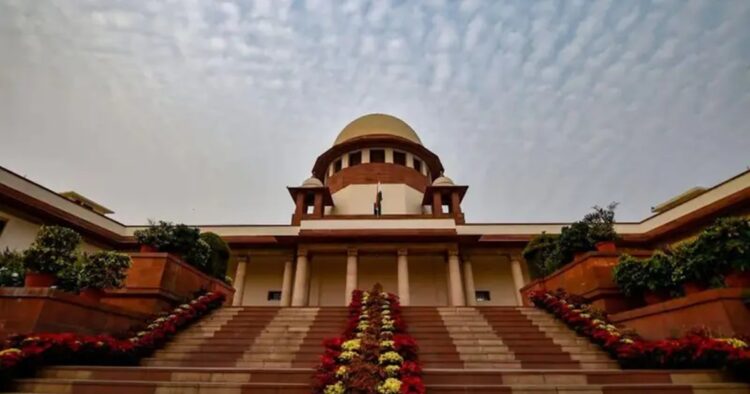The Supreme Court ruled on Wednesday that Section 125 of the Code of Criminal Procedure (CrPC), which pertains to a wife’s legal right to maintenance, is applicable to all married women, including Muslim women. This landmark decision also underscores the need for Indian men to recognize the contributions and sacrifices of homemakers by providing financial support through joint accounts and ATMs.
Inclusive Maintenance Rights
A bench comprising Justices BV Nagarathna and Augustine George Masih stated that Section 125 CrPC applies to all married women and divorced Muslim women. “Section 125 of the CrPC applies to all married women, including Muslim married women. For divorced Muslim women, this section applies alongside provisions of the 1986 Act, offering the choice to seek remedy under either or both laws,” the court said.
The court clarified that the 1986 Act is supplementary to Section 125 CrPC and not in derogation of it. Thus, divorced Muslim women can claim maintenance under both provisions.
Implications of the Ruling
The Supreme Court’s decision came in response to an appeal challenging a Telangana High Court order that modified the interim maintenance amount payable from ₹20,000 to ₹10,000 per month. The petitioner contended that Section 125 CrPC should not apply due to the Muslim Women (Protection of Rights on Divorce) Act, 1986. However, the court upheld the High Court’s decision, affirming the maintainability of the petition under Section 125 CrPC.
Recognition of Homemakers
Justice BV Nagarathna highlighted the vulnerability of married women without independent income sources, emphasizing the critical role of homemakers in Indian society. “Indian married men must acknowledge and provide financial resources for their wives’ personal needs, ensuring their financial empowerment and security,” she said.
The court noted that many homemakers save from the household budget for personal expenses, often avoiding requests to their husbands or in-laws. The ruling calls for husbands to be conscious of their wives’ financial dependency and to facilitate access to financial resources through joint bank accounts or ATM cards.
Strengthening Indian Society
The court stressed that the financial and residential security of homemakers is essential for empowering women and maintaining the stability of the family unit, which is fundamental to Indian society. “A strong, emotionally connected family contributes to a stable society, instilling moral and ethical values in the succeeding generation,” the court stated.
The ruling concluded with a call for respect and empowerment of women within the family to build a stronger nation. “For a strong Indian society, women in the family must be respected and empowered,” the apex court said.

















Comments